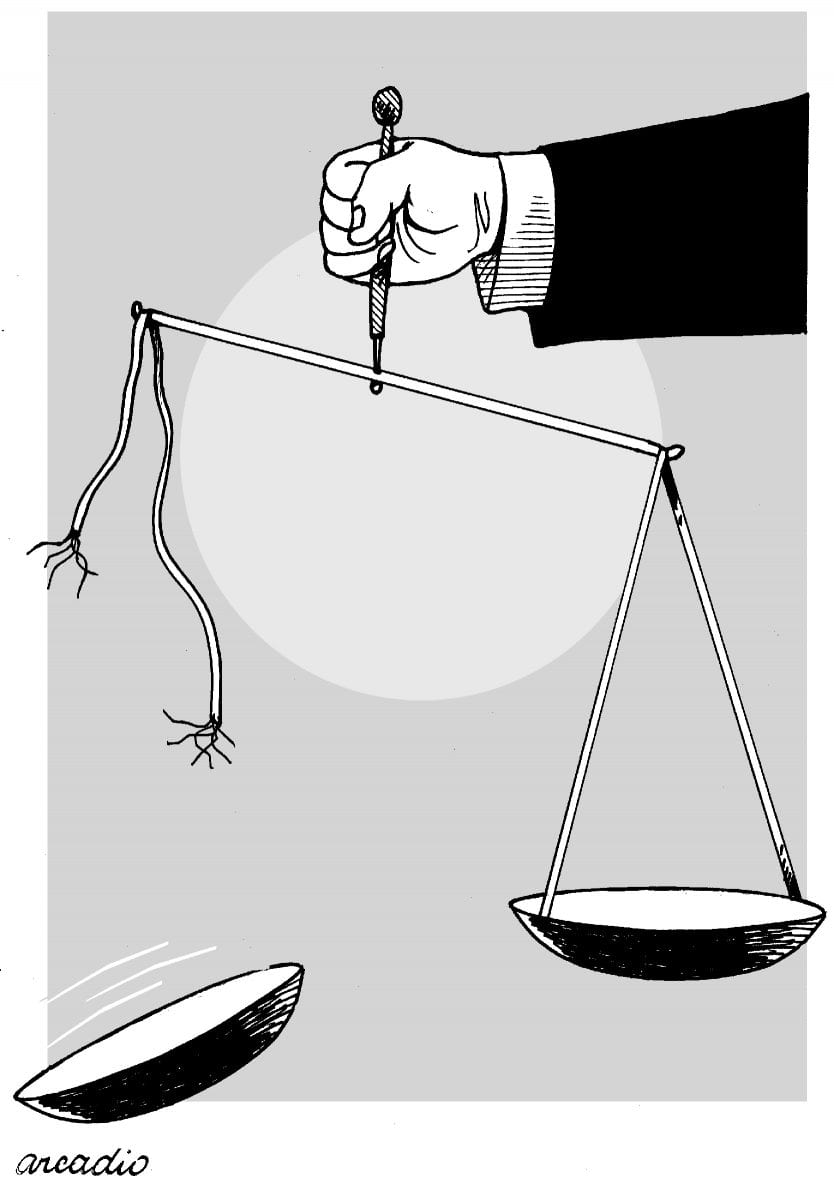BY DAVID PERRYMAN
 For decades, the football officials of the old Southwest Conference were considered the most biased in the game. The fact was it was nearly impossible for a gridiron team to escape stadiums in Houston, Dallas, Waco, Lubbock, Austin, Fort Worth or Fayetteville with a victory. But what has been referred to as one of the most egregious calls in the history of college football occurred during a Big 8 match on Oct. 6, 1990 on Faurot Field in Columbia, MO, the home of the Missouri Tigers and while it decided the outcome of the game, the beneficiary of the call was not the home team.
For decades, the football officials of the old Southwest Conference were considered the most biased in the game. The fact was it was nearly impossible for a gridiron team to escape stadiums in Houston, Dallas, Waco, Lubbock, Austin, Fort Worth or Fayetteville with a victory. But what has been referred to as one of the most egregious calls in the history of college football occurred during a Big 8 match on Oct. 6, 1990 on Faurot Field in Columbia, MO, the home of the Missouri Tigers and while it decided the outcome of the game, the beneficiary of the call was not the home team.
Instead, the Colorado Buffaloes were allowed two running plays and two spiked passes before Buff backup quarterback Charles Johnson scored on what the officials thought was a “fourth and goal” play from inside the one yard line. In the aftermath of the 33-31 “win” Colorado went on to win the conference title and was recognized by the Associated Press as the 1990 National Champions.
Even though the error was apparently an honest mistake, Big 8 Commissioner Carl James suspended J.C. Louderback and his entire officiating crew indefinitely. The logic was simple: mistake or otherwise, the outcomes of athletic contests in our society are far too important to allow those who apply the rules to arbitrarily determine the results.
Compare and contrast that to our judicial system. Judicial reform in the 1960’s has provided Oklahoma with an exceptionally fair system that has placed thousands of qualified and unbiased jurists on the bench all across our state. The process of selecting fair judges is important because of the real impact that judges make in the lives of people and families whose cases appear on their dockets.
Our system of government survives only when the legislative, executive and judicial branches are allowed to properly and independently execute their individual functions. The naturally resulting checks and balances allow government to stay in sync and provide the services and protections to which its citizens are entitled.
When a government falls out of sync or is pushed out of sync by politically motivated groups, its citizens suffer. Key to the judicial branch is the freedom to impose orders of legal equity that will hold parties accountable for actions that harm others or society as a whole.
Oklahomans must diligently guard against organized efforts that are calculated to impede the ability of judges to equitably address damages, injuries and overreach by those who seek to place themselves above the law and make them less accountable to others.
In Oklahoma, the effort has not only capped damages to which injured persons are entitled, it has made it more cumbersome for an injured person to file an action. Those who seek to protect corporate interests have gone so far as to identify and target judges who they feel have made decisions that are not “business friendly.”
An analysis of the litigation and the standards used clearly shows that the definition of “business friendly” is the antithesis of “good for people.”
Not to be left out, the oil and gas industry has devoted millions of dollars to rank judges and justices based on decisions made in environmental cases categorizing them as either “a positive decision for the state’s economy” or “not a positive decision for the state’s economy.”
For example, evaluators gave a negative ranking to a judge who determined that individuals exposed to toxic chemicals by an electric transformer explosion had a right to sue the manufacturer for compensation for their injuries. A judge who held that the Oklahoma Water Resources Board lacked the jurisdiction to order a company to clean up polluted waters after a pipeline rupture received a positive rating.
While most people simply want a fair umpire on the sports field or an unbiased judge in the courtroom, there are groups that are actively investing millions of dollars in hopes of getting back many times that amount by tilting the scales of justice decidedly in their favor.
– Chickasha Democrat David Perryman represents District 56 in the Oklahoma House and serves as minority floor leader







